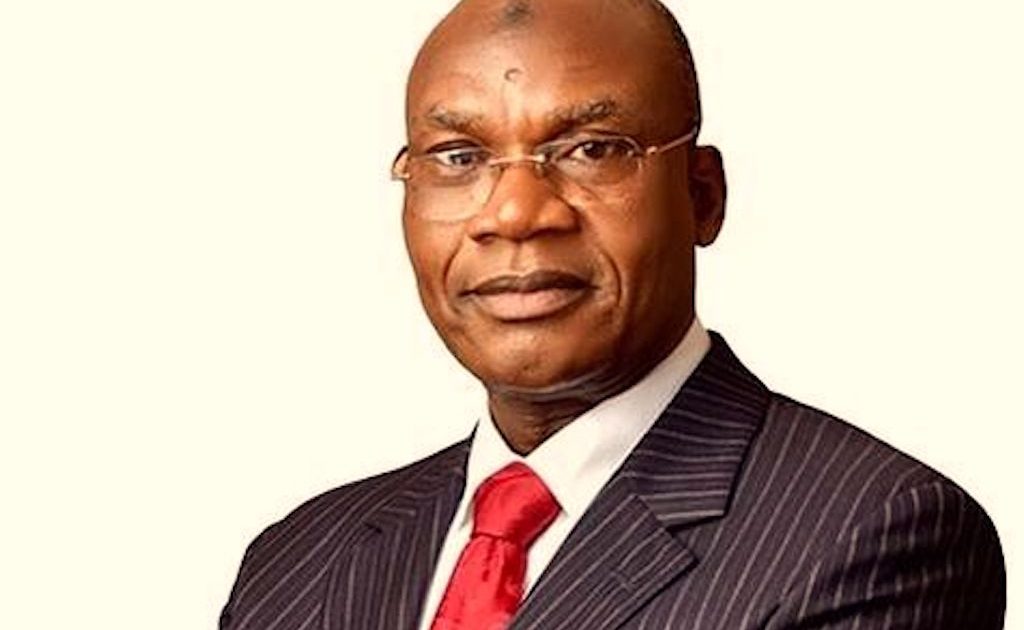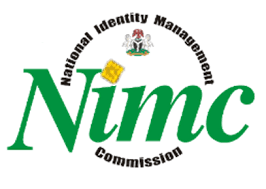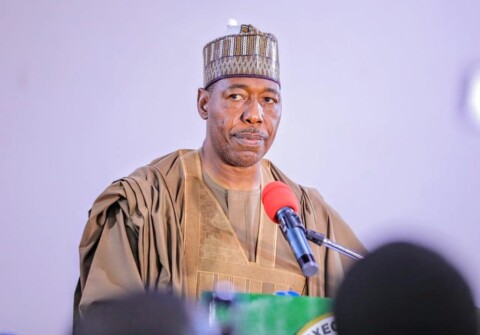The Nigerian government has announced a major expansion of its scholarship program, now set to support nearly 250,000 students across the country. This initiative, led by the Minister for Education, Professor Tahir Mamman, demonstrates the government’s strong commitment to improving access to education and supporting the academic and professional growth of young Nigerians.
In a recent meeting with the National Student Management Council, Professor Mamman explained the details of the expanded scholarship program. He said the scholarships will be available for both studies within Nigeria and abroad, meaning Nigerian students will have more opportunities to study at home or in other countries. Professor Mamman urged students to check the dedicated scholarship website regularly for updates and information on how to apply. This website will be a key resource for students to find out about the application process, deadlines, and eligibility criteria.
During the meeting, Professor Mamman also shared some of the key projects that President Bola Ahmed Tinubu is working on to improve the education sector. These projects include improving campus facilities, upgrading classrooms, laboratories, libraries, and other essential infrastructure to create a better learning environment for students. The government is also focusing on providing welfare support for graduates who are currently unemployed, which may include financial assistance, job training programs, and other resources to help graduates transition from school to work. Additionally, the government is considering offering discounted electricity bills for universities to help reduce operating costs and ensure a reliable power supply to support teaching and research activities.
There are also plans to update the curriculum across all levels of education as part of the DOTS Project. This initiative aims to ensure the curriculum is relevant, up-to-date, and aligned with the needs of the job market, equipping students with the skills and knowledge they need to succeed in their future careers. The DOTS framework includes several key components such as improving educational data management, supporting the professional development of teachers, and providing skills training for students at all levels of education, from primary school to university. This includes vocational training, technical skills, and other programs to prepare students for the workforce.
The government is working to bring out-of-school children back into the education system by identifying children who are not currently attending school and providing them with the necessary support to continue their education. The DOTS framework also includes initiatives to support graduates who are looking for jobs, such as job placement programs, career counseling, and other resources to help graduates find employment.
In addition to these initiatives, the government has established Safe School Centers to ensure the safety of students. These centers will provide a secure environment for students to learn and grow without the fear of violence or other threats. The centers will also offer support services for students who have experienced bullying, harassment, or other forms of abuse.
Dr. Nasir Sani-Gwarzo, the Permanent Secretary for Education, promised to set clear timelines to ensure these initiatives are successfully implemented. He emphasized the need for accountability from all involved in the education sector, meaning everyone from government officials to school administrators must work together to ensure these projects are carried out effectively and achieve their intended goals.
Comrade Asefon Sunday, Senior Special Assistant to the President on Student Engagement, thanked the Minister for his support and engagement. He also expressed gratitude to the Special Assistants to the Governors on Student matters from all states, who have committed to working closely with the Ministry. They promised to continue promoting the new policies aimed at empowering young people and students, which are seen as unprecedented in Nigeria’s history.
In conclusion, the expansion of the scholarship program and the various initiatives being undertaken by the government demonstrate a strong commitment to improving the education sector in Nigeria. These efforts aim to provide more opportunities for students, support teachers, and create a better learning environment for all. With continued support and collaboration from all stakeholders, Nigeria can achieve significant progress in its educational development.





